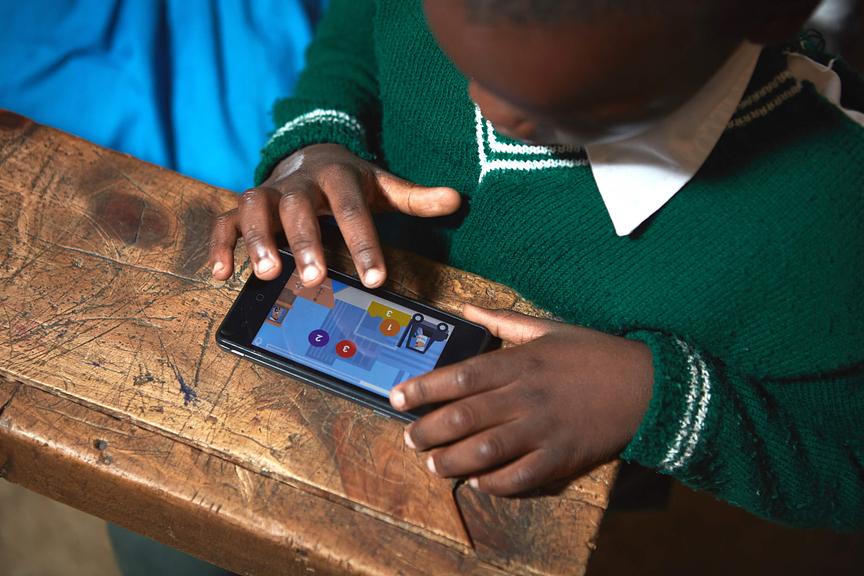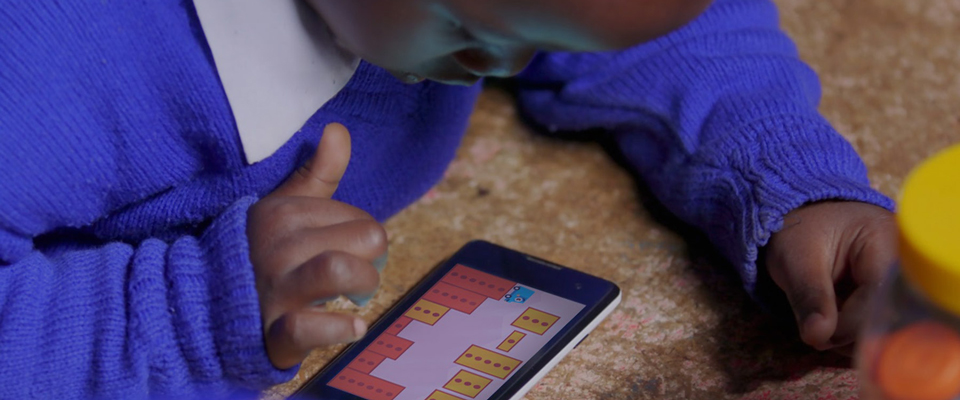For thirteen consecutive years, the World Innovation Summit for Education (WISE) Awards have chosen, recognised and promoted six effective and cutting-edge projects that are solving major educational problems worldwide.
This year’s WISE Awards will take place on November 28 and 29, in Doha, Qatar.
More than 5,300 applications from more than 151 nations have been submitted to WISE since 2009. Today, 90 initiatives from a wide range of industries and regions have received awards for their creativity, valuable contributions, and flexibility.
These initiatives serve as a growing supply of knowledge and effective teaching methods. Every year, WISE creates a network of educational innovators that provides a favourable atmosphere for ground-breaking partnerships. The WISE Awards network now includes ground-breaking initiatives that are transforming communities and societies for the better.
Support and Collaboration
WISE supports winning projects through different channels:
Money Prize: Each WISE Awards winning project will receive US$20,000.
WISE Communications: Projects recognised by WISE are featured on the website, showcased and shared with the WISE community via social media.
Multimedia productions: Special documentaries and videos are produced to showcase the work of the winning projects.
WISE Books: Several WISE Awards finalists and winning projects have been featured in WISE Books which explore current challenges and solutions facing 21st-century education.
The Global Summit and WISE@: Representatives from winning projects are also given the opportunity to present and discuss their work at dedicated sessions during the global biennial summit in Doha, Qatar or WISE regional summits, WISE@. In addition, projects are offered an opportunity to participate in global events organised in collaboration with WISE.
Support to other WISE programmes: Representatives of former winning projects have been involved in other WISE projects, either through mentorship, participation in the selection processes, or fellowship programmes.
Twelve projects from eleven different countries have been selected as 2023 WISE Awards Finalists for their innovative approach to pressing education issues and positive social impact. This year, 404 projects applied or were nominated for the WISE Awards.
Read also: UNESCO survey shows 90% of schools, universities have no formal guidance on AI
Read also: 10 free online courses offered by Harvard University
Meet the two Kenyan finalists.
International Common Assessment for Numeracy (ICAN)
Context
This project is one of the 2023 WISE Awards finalists.
Many low- and middle-income countries are under increasing pressure to participate in existing international and regional assessment programmes as a result of the development of common global goals for education, which are reflected in Sustainable Development Goal 4 and the need for comparable data to monitor education quality targets.
These learning assessments are based on models and procedures that were developed for countries in the Global North, which frequently differ greatly from those in the Global South in terms of things like long periods of universal enrollment, detailed records of every school in the nation, and sizeable percentages of parents who are themselves literate and thus better able to support their children’s learning.
They are also designed to inform policymakers and education planners, rather than teachers, parents, and other actors on the ground; and thus do not generate actionable information at lower levels of performance where a large proportion of children in the Global South are usually located. This type of evidence is urgently needed by school systems in the Global South. Specifically, measurement of foundational reading and numeracy skills in early primary grades is critical to identify problems and intervene to resolve them early in children’s schooling trajectory.

Photo credit: PAL Network
Solution and Approach
The PAL Network created the ICAN assessment tool as a response to the demand for a comparable, affordable evaluation that takes into account the realities of the Global South. The Global Proficiency Framework is in line with ICAN (International Common Assessment of Numeracy), a straightforward and adaptable tool that assesses children’s basic numeracy and is intended to track the implementation of SDG 4.1.1 (a).
About the project
Organisation: PAL Network
Headquarters: Nairobi, Kenya
Geographical Reach: Bangladesh, India, Mali, Mexico, Mozambique, Nigeria, Nepal, Nicaragua, Pakistan Kenya, Uganda, Senegal, Tanzania
Number of beneficiaries: 250,000+ children aged 5-16
Impact and future development
Building on ICAN’s success, PAL Network is currently developing ELANA (Early Language & Literacy and Numeracy Assessment), a new common assessment initiative.
ELANA comprises two components: a numeracy assessment that builds on ICAN, expanding the number of items that form the item bank; and a literacy component that evaluates skills in the subdomains of oral language, decoding and reading comprehension.
The assessment targets children between 4 and 10 years old to understand the continuum of learning between preschool and the first years of primary school and will provide estimations of achievement of SDG 4.1.1.(a) and the academic learning component of SDG4.2. In its final form, ELANA will be implemented using a digital application and will be adaptive.

Photo credit: WISE
EIDU: Transforming Education Systems
Context
This project is one of the 2023 WISE Awards finalists.
The Universal Declaration of Human Rights explicitly states that everyone has the right to a high-quality education, but barely 1 in 10 children in low-income countries can read by the time they are 10 years old, and more than half of all children worldwide do not develop the basic skills of literacy and numeracy. Amazing educational solutions have been created and evaluated during the past few decades. These interventions, however, are frequently geographically constrained, only address a single subject, and only affect a few grades.

Photo credit: HundrED.org
Solution and approach
EIDU has developed an open platform that brings together the best educational interventions, helps governments deploy them quickly and efficiently, and provides a system to continue improving learning outcomes after implementation.
They combine highly effective structured pedagogy programmes with digital learning curricula for students. Teachers have access to the platform that includes daily lesson plans and students access impactful and interactive content every day. Additionally, all student learning gets automatically assessed via internationally recognised assessments (EGMA/EGRA, MELQO) on a continuous basis, creating an unprecedented pool of real-time learning data.
Combined with the ability to change content remotely, the solution creates an infrastructure to run virtual randomised controlled trials with unprecedented speed and at near-zero costs. Implementation of the system is run by the government with dramatically improved transparency due to a holistic overview of usage & learning data collected by our platform.
Impact and future development
In 2022, EIDU, together with the Kenyan government, brought its learning platform to more than 94,000 children in early childhood development and education centres across four counties in Kenya. EIDU will reach 300,000 children by the end of 2023. A bigger target is to reach 3 million children in 2025 and significantly contribute to solving the global learning crisis by 2030.
About the project
Organisation: EIDU
Headquarters: Berlin, Germany
Geographical Reach: Kenya
Number of beneficiaries: 100,000+ students, teachers and government officials

Photo credit: WISE











